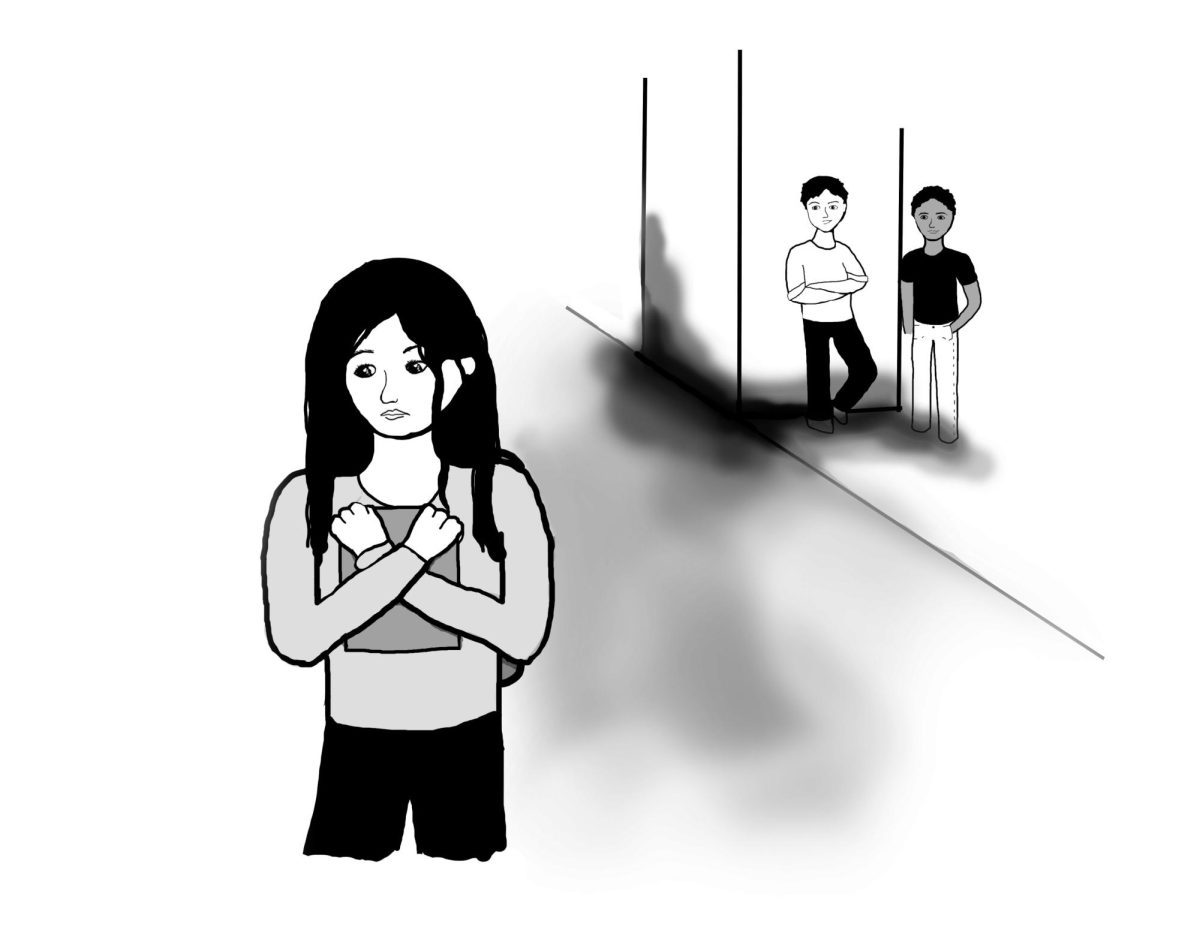It’s Sunday night and it is time to write a paper and study for multiple tests before class starts again, but first comes Facebook, football practice and Frisbee. Procrastination: a college student’s dream and nightmare at the same time.
“The avoidance reflex is very strong in humans. We all naturally avoid pain. That’s what you’re doing when you procrastinate,” said Penny Hood from the Student Academic Center (ARC).
According to Hood, on a biological level it is much more rewarding for students to go outside and throw a football, then to sit inside dwelling over a Calculus problem. Endorphin flow is a lot higher during physical activity as opposed to studying. When students study, they are fighting their own physical needs. The avoidance reflex is very strong in humans.
The number of activities on Whitman and any other college campus provide a convenient distraction for college students, who naturally want to avoid doing homework.
Students chose to hang out with friends, play sports, and participate in club events before working. By the time they get around to doing homework, the sun is already down. Though some students thrive under this pressure, for most, it creates unnecessary stress.
“I don’t procrastinate on things I like to do, just on things I don’t like to do,” first-year Kiley Wolff said. “Procrastination heightens my stress, my work quality is compromised and I’m less productive. Also I’m a perfectionist, so I know if I wait longer to do something I will spend less time perfecting it.”
The habit of procrastination defines the lifestyle of many college students for reasons similar to these. Students come into college with certain habits and ideas and it takes time to reshape them.
“There seems to be a common misconception that college students don’t sleep and consistently pull all-nighters, but sleep really does make you a better student. You are more attentive and in general do better,” Colleen McKinney from the ARC said.
When students wait until late at night to do their work, they are not as effective studiers and don’t put their best work into what they’re doing, according to Student Academic Advisor Shannon Hall.
“In a crunch, students do their work just to get it done. They don’t do as good of a job, and don’t learn as much,” Hall said.
Generally, the consequences for college students who fail to present high-quality work on time are greater than for younger students and also adults.
“In the career world you have a little more power. In college it’s about survival. Learning to manage time is a maturing step. It’s one of the parts of college not embedded in the curriculum,” Hood said.
In high school, students go to school for seven to eight hours then go home and don’t have a lot of homework, whereas college students go to class 2-5 hours a day, then go home and do a lot of homework. Finishing homework in college depends on the motivation of the student, so students have to become their own nagging conscience.
“It’s pretty much impossible to be ahead, and it’s hard to be on top of things,” Hall said.
This task gets harder as students get older and have a lot more demands placed on them. Procrastination often becomes undeniable. In younger students, the issue arises in being unaware of how to successfully manage time.
“I feel like I’ve gotten a lot better at not procrastinating this semester. Even though I have a lot more going on I’ve decided that school work means a lot more so I am working harder and taking school more seriously than I used to. It’s also more necessary now too in order to do well in classes,” junior Allison Gill said.
With everything that goes on in a college student’s life, sometimes procrastination can’t be helped. This is why time management is an important skill to acquire in college.
“Prioritize what you have to do. Write down everything you have to do,” McKinney said. “A lot of times people don’t realize all that they have to accomplish in a day. Sometimes you can’t do everything and have to cut things out.”
Hood recommends breaking big projects into chunks, by looking ahead and knowing in advance how much should be done by certain points.
“Learn to manage your time, take advantage of every hour between classes,” Hall said.
It is often helpful to set realistic goals that take around 45 minutes to an hour. After the goal is met, take a break.
“Then you will have set a goal and met it, which gives you a great sense of accomplishment, and your reward is the break, which will help you re-energize so you can focus for the next hour,” said McKinney.
There are a lot of simple strategies to help cut down procrastination, and therefore avoid excessive stress and lack of sleep. Being aware of why a habit occurs is helpful in fighting it. After a long day of studying, there is always something to look forward to, and it is important to keep in mind what all the work is for.
“I believe in keeping our long-term goals in view when the going gets tough. It may not be fun, but thinking about that career can put a positive spin on homework,” said Hood. “Good chemical responses occur when we learn something too. So celebrate and reward yourself when you’re done. Life’s to short not to enjoy it.”












September • Dec 24, 2008 at 9:22 pm
well done! Thx!
smith • Dec 18, 2008 at 3:53 am
Great tips, thanks!